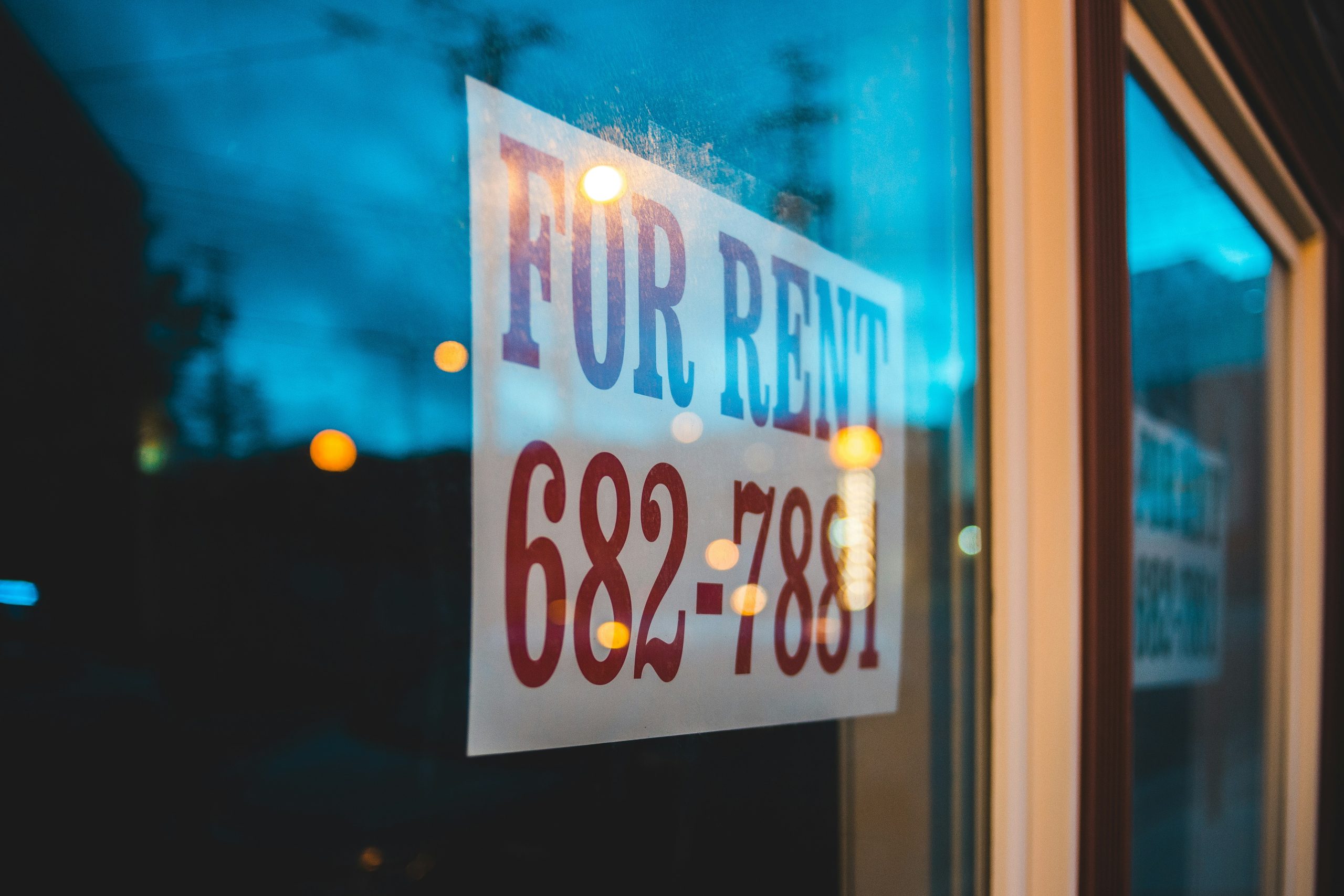A NEW class divide has emerged in Spain, with landlords earning DOUBLE compared to their tenants thanks to rising rent prices.
Soaring house prices, rent on the rise and surging demand, Spain’s housing market is under extreme pressure.
This has pushed a ‘marked income inequality’ between property owners and renters, according to research by the Critical Urban Study Group (Grupo de Estudios Criticos Urbanos).
On the one hand is the ‘renter generation’, ‘mostly, this group has less income, where the elevated price of accommodation leads to economic instability and poverty.’

Photo by Erik Mclean on Unsplash
However, there is also the ‘property owner generation’, ‘generally, these are people with greater income, which is also supplemented by money they get from their tenants’.
The study, ‘The Rental Market: Source of Inequality’, compared the annual income of both landlords and tenants.
It revealed that landlords earn an average gross income of €50,604-56,473 while for tenants this figure stands at just €19,758-26,288.
Landlords also have a higher income than homeowners who do not rent out their properties.
Their gross annual income is between €30,000-36,413, according to the report.
According to the study ‘landlords are mostly found in the highest income groups’.
READ MORE: Now is a good time to buy property in Spain, says panel of experts – this is why
Between 73-79% of landlords are in the two highest income brackets while this is just 25-25% for renters.
Conversely, 65-75% of renters are in the bottom two income brackets, in comparison to the 21-27% of landlords.
This means that on average, the highest earning landlords have an income 2.15-2.58 higher than renters, a ‘ratio of inequality’ according to researchers.
Although removing the income landlords get from tenants would decrease this gap, they would still earn 1.82-2.13 more than the average renter, around €20,000.
“This not only highlights the marked inequality between homeowners and renters, but also the role of renting to amplify and retain socio-economic inequality,” the research concluded.
They also warned that ‘any policies not designed to reduce this phenomenon will lead to ever widening inequality between tenants and landlords.’
“Policies designed to reduce rent prices by adjusting them in accordance with renter income so that they can meet their basic needs, could help to rebalance the severe inequality this study highlights,” the researchers summarised.
Sociology researcher at the National Distance Learning University (UNED), Javier Gil, recommended ‘stricter controls on rent’, taking into account prices in ‘high demand areas’.
So far, similar measures are only in place in Catalunya.
He recommended ‘prices based on salaries and not market prices. Better regulation, that takes into account average income, the types of home (including property age and services).’
The study was carried out by Javier Gil, Miguel García-Duch, Lorenzo Vidal and Miguel A. Martínez.
They used data from the Quality of Life Survey carried out by the Spanish Statistics Institute (INE), data from the National Tax Agency (Agencia Tributaria) and the Family Financial Survey, carried out by the Banco de España.








